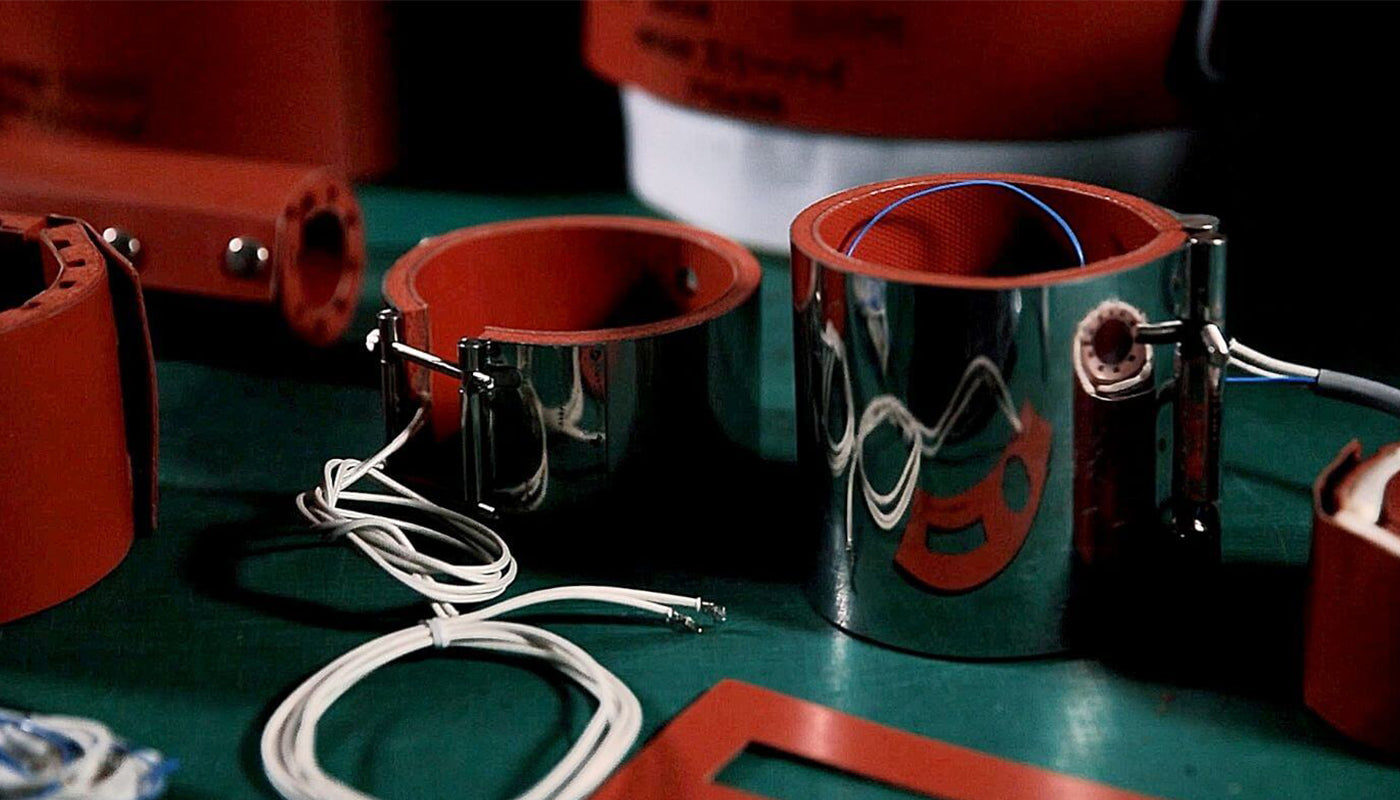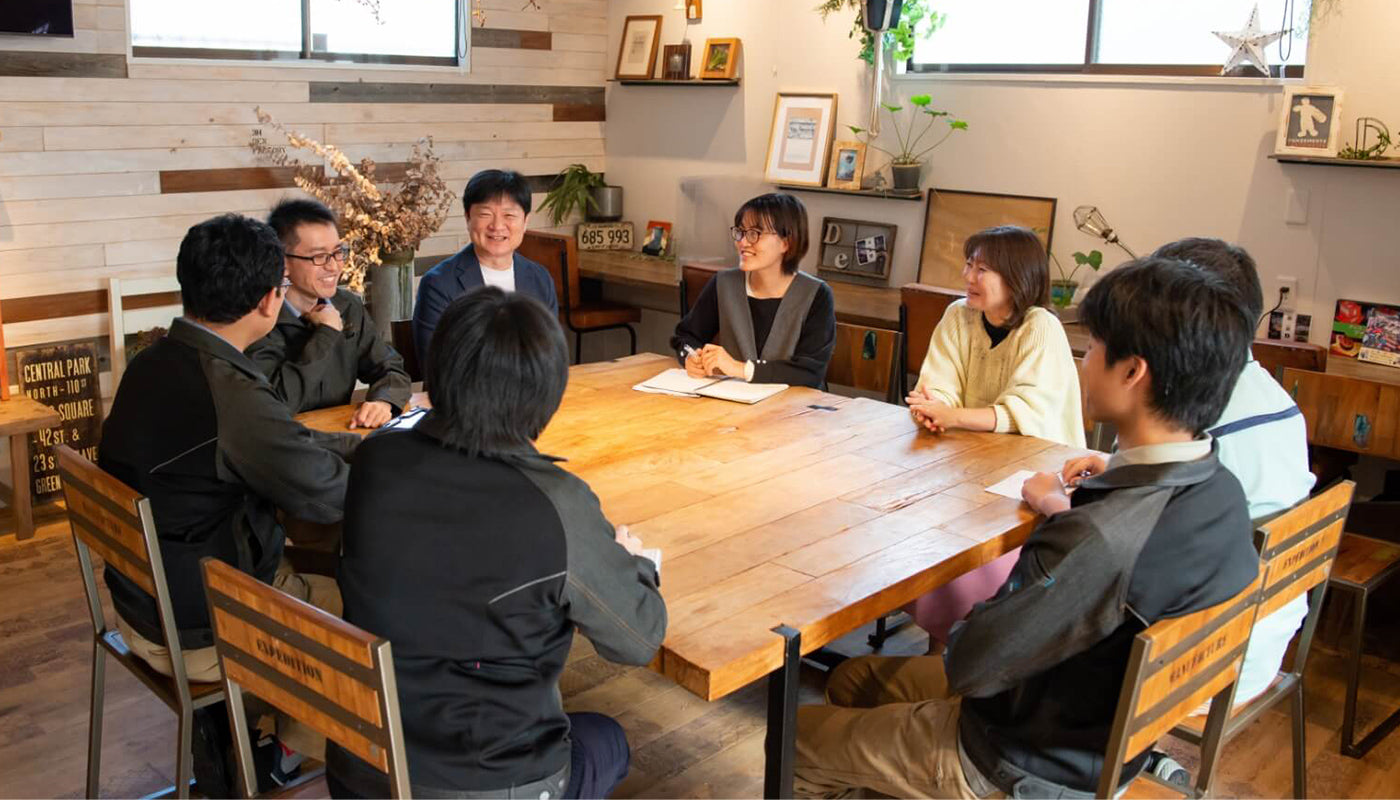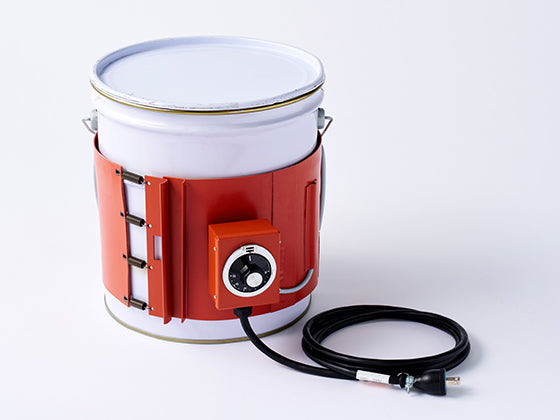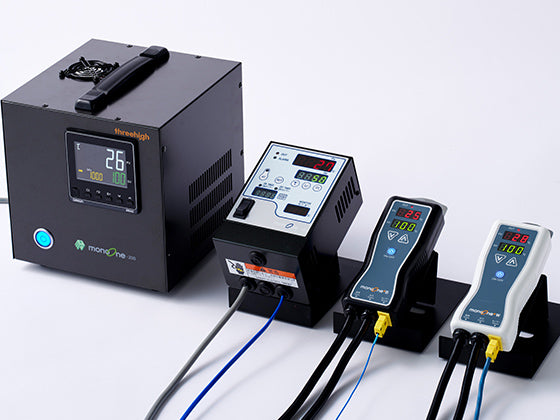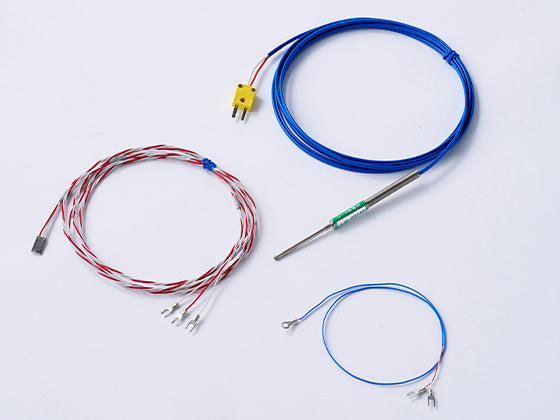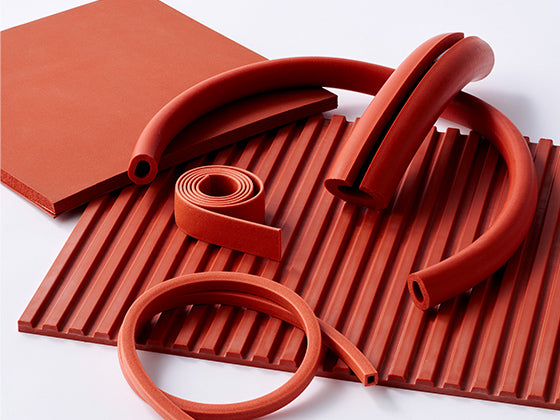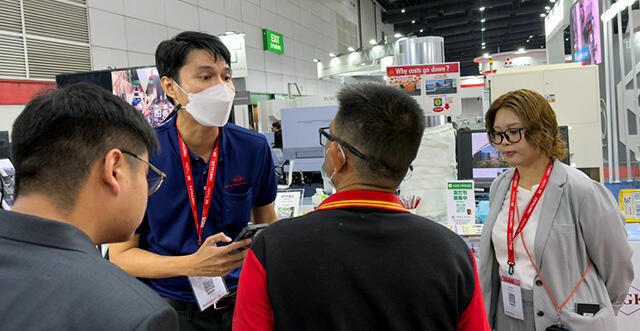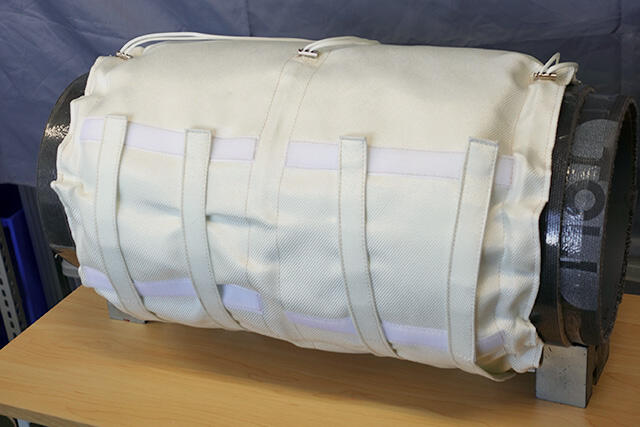The plastics processing market is thriving overseas, especially in Southeast Asia. Competition for orders is fierce at local factories, and companies are competing to keep production costs as low as possible. To gain an edge over the competition, many companies attend exhibitions related to plastic and metal processing to conduct business negotiations and gain insights.
Our company is making efforts to market not only our main product, industrial heaters, but also the insulated covers introduced in the previous issue. These activities extend not only throughout various regions in Japan but also to countries in Southeast Asia. In November last year, we exhibited at an international exhibition related to metal processing in Thailand and promoted the insulated covers as a useful tool for cost reduction.
In this final installment of our series on the current state of plastics processing in Southeast Asia, we will delve into the current state of plastics processing in the region and the challenges it faces. Additionally, we will cover the business development of insulation covers, for which demand is expected to increase in the future.
Southeast Asia’s competitive plastics processing industry
Plastics processing mainly occurs in Southeast Asia. Major countries include Thailand, Vietnam, the Philippines, Malaysia, and Indonesia. According to a report by market research firm Mordor Intelligence, Indonesia’s plastics market accounts for more than 25% of the total Southeast Asian market. Furthermore, over the five-year period 2024-2029, the Southeast Asian plastics market is projected to increase at an average growth rate of 6%.
The thriving plastics processing industry in Southeast Asia is facing a major challenge. Due to the relatively high electricity and other energy costs in Southeast Asia, local factories are always conscious of the cost-effectiveness of expenses and prices in the production of plastic products. Therefore, they are actively introducing injection molding machines with low power consumption and efficient heating and cooling.
Reference: Market Trends of Plastic Processing Machines in Southeast Asia (Alibaba.com)
Any factory would naturally consider the adoption of cost-effective injection molding machines that can produce reliable and high quality plastic products. However, focusing solely on injection molding machines would result in parity between competitors, leading to a plateau being reached. Consequently, efforts are being made to discover new ways to reduce costs.
Appeal for insulated covers at overseas exhibitions, but there is a gap in recognition.
Our insulation covers are used at plastics processing sites in Japan and have been praised for their usefulness in saving electricity costs and improving the working environment. This track record has led us to focus our efforts on the sales of insulation covers overseas, with the aim of addressing the cost-saving challenges faced by plastics processing sites in Southeast Asia.
We had the opportunity to showcase our products at METALEX 2023, an international exhibition related to machine tools and metalworking, in Bangkok, Thailand.

The event was held for four days from November 22nd to 25th, 2023. The venue was Bangkok International Trade and Exhibition Centre. Our company had previously exhibited at PROPAK ASIA as well, an international exhibition focusing on packaging for food and other products.
First overseas exhibition at PROPAK ASIA 2022, Aiming to Create a New Base in Thailand
To get as many people as possible to see our featured product, the insulation cover, we displayed it in a prominent place at our booth and eagerly awaited visitors.

However, visitors did not pay much attention to the insulated cover. Instead, we were asked more about heaters in general. Despite our enthusiasm to promote the insulation cover, things did not go as we had hoped.

The sales of insulation covers and challenges in Southeast Asia have become apparent.
The insulation covers did not attract much attention at the exhibition booth due to the gap in awareness of insulation covers and their use. In Southeast Asia, insulation covers are not as widely known as they are in Japan. From interactions with visitors, we learned that they focus on selecting machines that consume less power to save on electricity costs and achieve efficient production. In other words, there seems to be less attention paid to the utilization of additional tools. In fact, many visitors at our booth said that they were seeing insulation covers for the first time.
Another challenge emerged when promoting the insulation covers. Despite emphasizing the usefulness of insulation covers for saving on electricity costs, we received many responses expressing uncertainty about how much electricity consumption could be reduced. We found ourselves unable to provide sufficient explanations. We realized the need to present not only product explanations but also concrete measurement results of how much electricity consumption could be reduced using insulation covers.

While our booth at METALEX 2023 did not produce the results we had hoped for in terms of sales for our insulation covers, we were able to gain valuable insights on how to market our products to plastics factories in Southeast Asia. Using the lessons learned from the exhibition, we are now more determined than ever to the spread the use of insulated covers to plastics processing sites in Southeast Asia.
Not letting the heat escape. That is Three High’s mission.
Over the course of three issues, we have addressed the challenges faced by plastics processing sites in Japan and internationally from the perspective of heat. The heat emitted from injection molding machines, which is essential to produce plastic products, is pushing domestic factories to save electricity and improve work environment temperatures in summer. Furthermore, it is pushing Southeast Asian factories to reduce electricity costs in order to gain customers. To meet this challenge, our company wants to propose insulated covers to the industry.
Our company’s mission is to solve the “heat problems” faced by factories. Until now, we have solved heat problems by generating heat with our heaters. Moving forward, we intend to add to our mission not only to create heat, but also to find solutions to prevent its escape.
We do not lose the heat that we have created. That is also the mission of ThreeHigh.
With this in mind, we are determined to take on new challenges in Japan and internationally.
